On Tindouf Camp abuses, enough is enough
By: Edward M. Gabriel
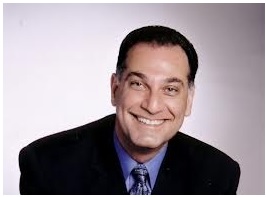 PERSISMA – Every year, countries around the world—including the United States—donate millions of dollars worth of food and other humanitarian aid to the Polisario Front-run refugee camps near Tindouf, Algeria to support the tens of thousands of Sahrawi refugees trapped there in desperate conditions. Meanwhile, the Polisario—a dictatorial separatist movement founded in the 1970s and bankrolled and hosted by Algeria—continues to enrich themselves while refusing to conduct realistic negotiations that could lead to a sustainable solution to the plight of the people they claim to represent.
PERSISMA – Every year, countries around the world—including the United States—donate millions of dollars worth of food and other humanitarian aid to the Polisario Front-run refugee camps near Tindouf, Algeria to support the tens of thousands of Sahrawi refugees trapped there in desperate conditions. Meanwhile, the Polisario—a dictatorial separatist movement founded in the 1970s and bankrolled and hosted by Algeria—continues to enrich themselves while refusing to conduct realistic negotiations that could lead to a sustainable solution to the plight of the people they claim to represent.
Well enough is enough. It’s time for the international community and the U.S. to start taking seriously the eyewitness accounts and official investigations of the Polisario Front’s cruel and corrupt dictatorship in the Sahrawi refugee camps– and to do something about it.
The latest evidence is a report on an investigation conducted by the European Union’s Anti-Fraud Office (OLAF). The investigation, conducted from 2003-2007 and just “unearthed” by the French news agency AFP, clearly documents “well-organized, years-long” embezzlement by the Polisario of humanitarian aid designated for Sahrawi refugees in the camps. The OLAF report reveals exactly how the Polisario steals millions of Euros in aid every year for the benefit of its leaders.
First, the number of refugees in the camps has been grossly inflated since 1975, when the EU began providing aid. Of course, OLAF was unable to determine exactly how inflated – because the Polisario and their Algerian backers have adamantly rejected UN requests for a census. In 2005, after a review of satellite photos of the camps, OLAF reduced the estimated figure from 150,000 souls to 90,000. But no one knows what the true number is; and humanitarian aid has nevertheless remained consistent for years.
Then there’s the blatant diversion of food aid. Eyewitnesses along with the World Food Program and the United Nations High Commissioner for Refugees have long reported that the Polisario routinely diverts food meant for the refugees and sells it on the black market. The OLAF report offers specific examples: Canadian wheat intended for the camps is replaced by lower quality grain while the high quality wheat is sold; while products for raising poultry are also sold rather than provided to the refugees. Worse yet, the report details how flour delivered to the camps is used by Polisario-run bakeries to produce bread – which is then sold to refugees, with the profits lining Polisario pockets.
Food is not the only form of aid abused by the Polisario, according to OLAF. Donors provide money they believe is going to pay construction workers, for example, when in fact prisoners do the building, and false personnel lists are created in order to receive payment for the work. Or consider the sheep-raising project where an NGO paid the salary of seven shepherds – except the shepherds didn’t exist, and the sheep were allegedly sold. And again, high-ranking Polisario members pocket the money.
Though the OLAF report only addresses EU funds, its findings echo concerns raised elsewhere about the improper use of US funds, too. A June 2014 Foreign Policy investigation found that US aid “intended solely for pregnant and lactating women and malnourished children” was—as with all international aid—very likely going to members of the Polisario army—an armed militant group that routinely threatens one of our closest allies.
So, how has the Polisario Front managed to get away with this decades-long crime spree? Simple: they keep close control of aid distribution processes, and they deny free access to humanitarian aid organizations that would provide oversight and combat the corruption.
The OLAF report makes a number of recommendations to crimp Polisario corruption, like conditioning EU aid to the camps on a guarantee that the EU’s Humanitarian Aid and Civil Protection Department be allowed to conduct surprise inspections of supply stocks and monitor distribution of supplies. However, something more fundamental is at stake here. The UN has been calling for a negotiated political solution to the Western Sahara conflict for a decade, and Morocco has proposed such a solution for autonomy under Moroccan sovereignty. But the Polisario has declined to negotiate seriously—perhaps because they are content with lining their pockets while Sahrawis continue to suffer in those camps.
The U.S. can and should do something about it. Since the Clinton administration, U.S. policy toward the Western Sahara has called for a solution based on autonomy under Moroccan sovereignty, and Morocco’s Autonomy Plan has repeatedly been deemed “serious, realistic and credible” by top US officials. With this newfound evidence of corruption, it’s time the U.S. put their policy into action and advocate for immediate and realistic negotiations based on Morocco’s compromise initiative. At the minimum, both Congress and the State Department should ensure that our tax dollars are not being diverted to line the Polisario’s pockets.
Gabriel is a former U.S. Ambassador to Morocco, and currently advises the government of Morocco.

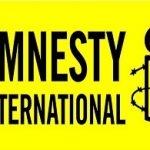
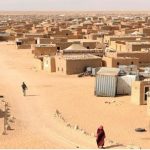

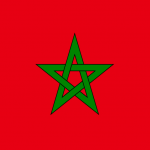



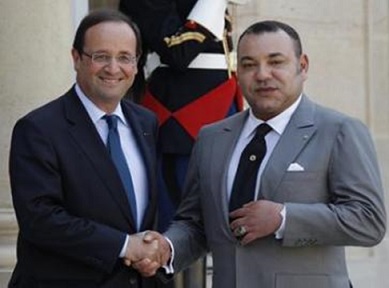
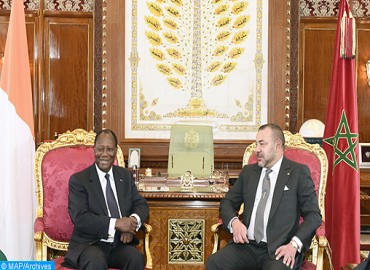

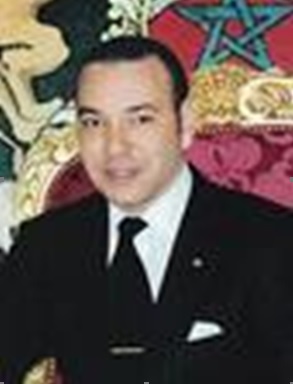

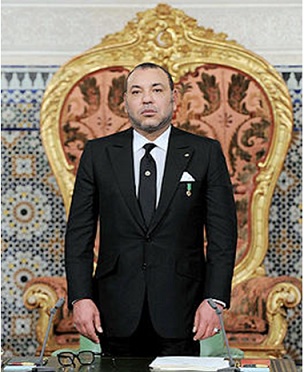
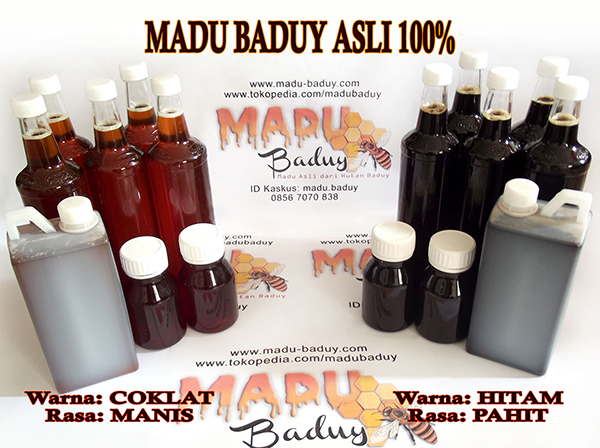



New Comments